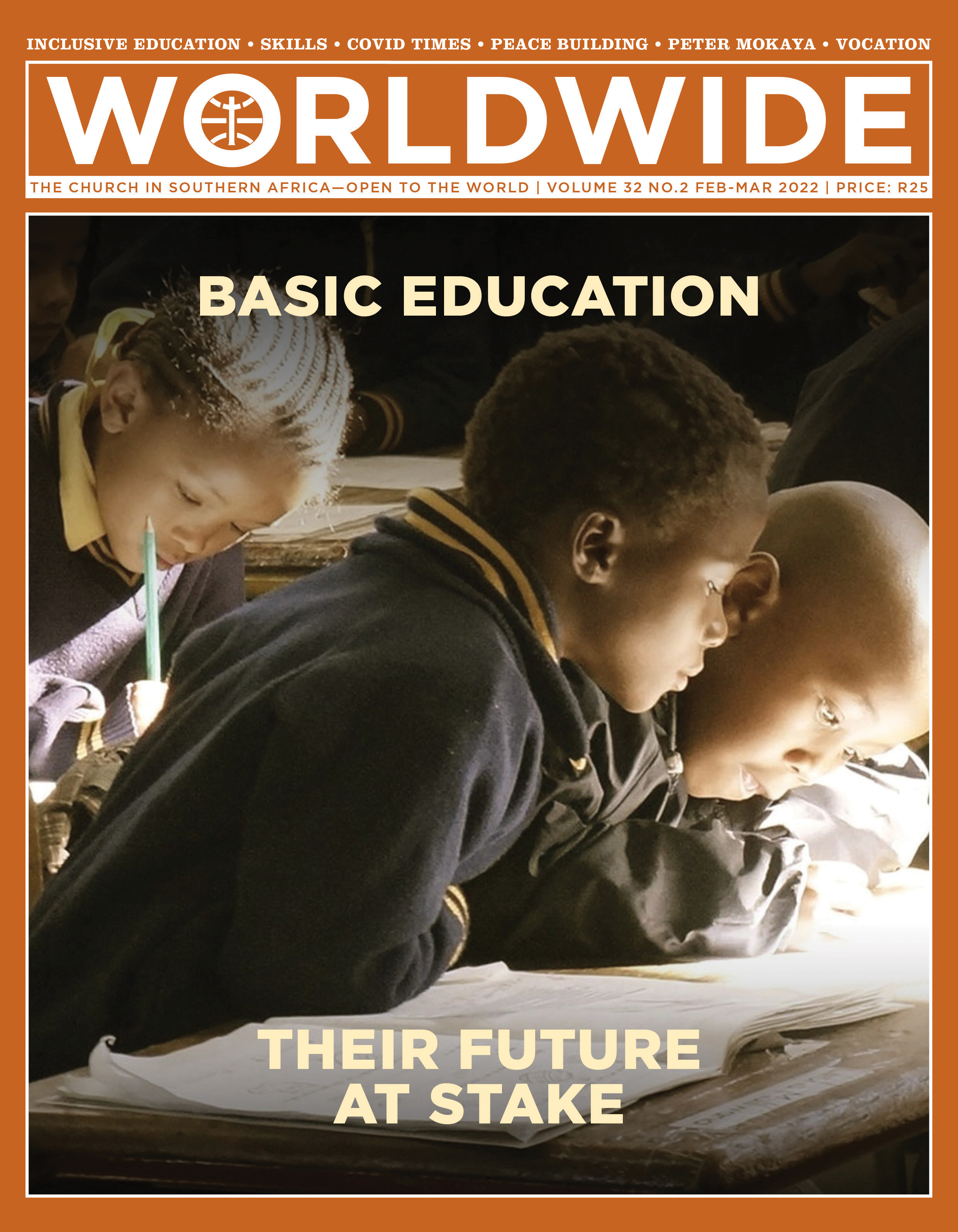
Basic Education Their Future At Stake
The front cover picture was certainly not taken during Covid times. We do not know its exact location, but it could be from any particular school in rural South Africa. What indeed the image of these children reflects is their eagerness for learning and doing it together. Their minds are surely full of dreams; their desires for a bright future cannot be frustrated. The task of offering them an inclusive and integral quality education can look gigantic, but each one’s contribution can make the miracle happen.
REFLECTIONS • INCLUSION
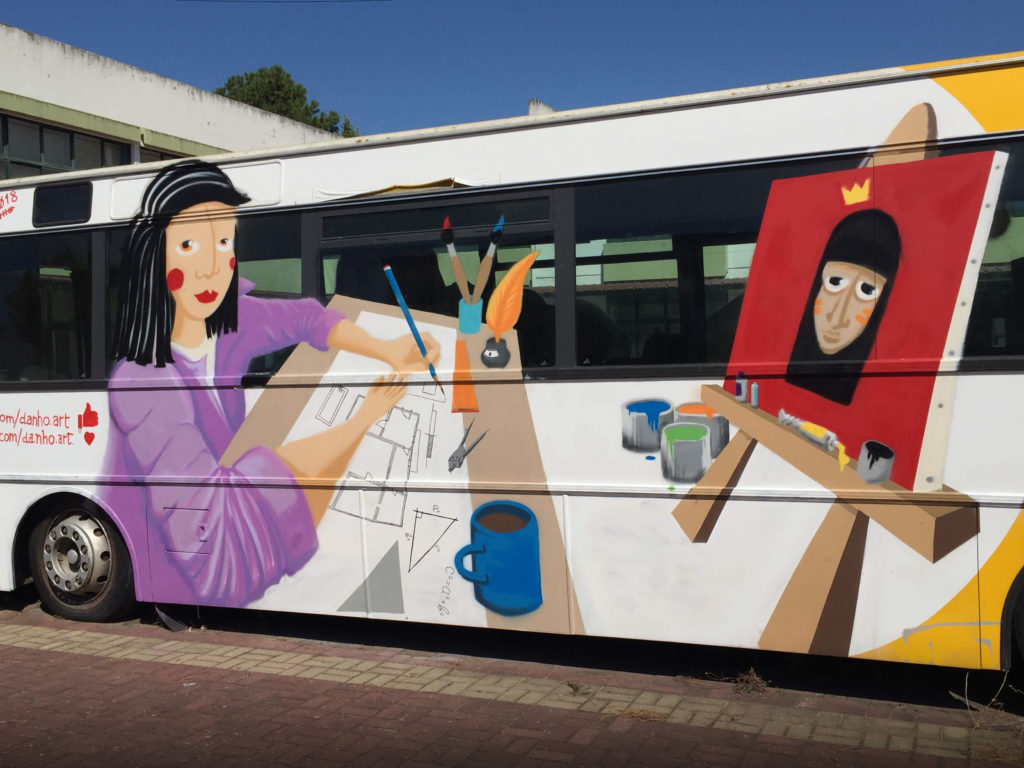
Pathways of Education
The worldwide educational crisis calls for joint efforts, both in the family and at the school, to promote an inclusive model of teaching that leaves nobody outside the system and helps to form a relational human person
BY José Maia | Biology and Geology Secondary School teacher From Alenquer, Portugal
TODAY, MORE than ever, discussions and dialogues on education are held; and yet, quite a few questions plague us. At home, at school and in institutions in general, we witness the loss of authority in human relationships.
“Educating, however, has never been an easy task and today it seems to be ever more difficult. (…) Hence, there is talk of a great ‘educational emergency’, confirmed by the failures we encounter all too often in our efforts to form sound people who can co-operate with others and give their own lives meaning.” (Pope Benedict 2008).
We are immersed in a moral relativism where the fashionable values are: complaining; the absence of rules in individual life and in interpersonal and social relationships, which materialise in difficulties of behaviour of children/pupils; and where voids proliferate.
This emptiness and loss had been foreseen by thinkers such as Nietzsche who signalled “the arrival of a world where norm and rule had given way to chaos and to the will of power of instincts and emotions.” In the world, an unbridled race for emotional and instinctive pleasure dominates, with the spread of new psychic diseases, such as addiction to games, video games, obsessions and a kind of slavery to which the Internet surreptitiously submits us.
Without realising, we may find ourselves tamed by the dominant culture at the level of ideas, fashions, consumption, among others, instead of proactively and fearlessly embracing proposals that go against the tide.
The culture of laziness arouses in young people a sense of a fantasy self-esteem painted with illusions, averse to responsibilities, which generate shortcuts to happiness and eventually leads to torment. Such a culture encourages individualism to avoid confrontation, and prioritises easy choices for immediate pleasure. No wonder young people are more and more vulnerable to depressions. Why? Because mental health depends a lot on our ability to relate to others.
School dropouts
The school reflects the entire cultural and educational reality and it is a relevant experience in the process of human growth. Currently, all over the world, we are witnessing an educational crisis, in which school dropout is glaring—despite all of UNICEF’s efforts—and is no longer due to poverty alone. In the so-called developed countries, this problem is disguised with larger fundings in education, together with an attitude of almost requesting the students to attend school as a favour.
School dropout is noticeably more evident in underdeveloped and developing countries, but also in developed nations the plague of dropout extends even to universities, with students not completing their cycle of education.
Dropping out is associated with behavioural and learning problems, emotional issues, lack of interest, motivation and of identifying with the school, among other factors.
Western countries—with a dropout rate around 10%—have not been able to remove the root causes of dropout, though mechanisms have been created to foster school attendance, for instance, compulsory education until 18 years old and tutelage regarding student absenteeism. In addition to social support, structures have been created to watch over and monitor possible warning signs of incoming dropouts, such as unsocial behaviours, poor academic results, among others.
Moreover, as there is an obligation to comply with certain standards, these dropout numbers are all too often subject to convenient ‘adjustments’ by the administration. Additionally, this rate does not take into consideration the attained levels of knowledge, discernment, or capacity to think critically.
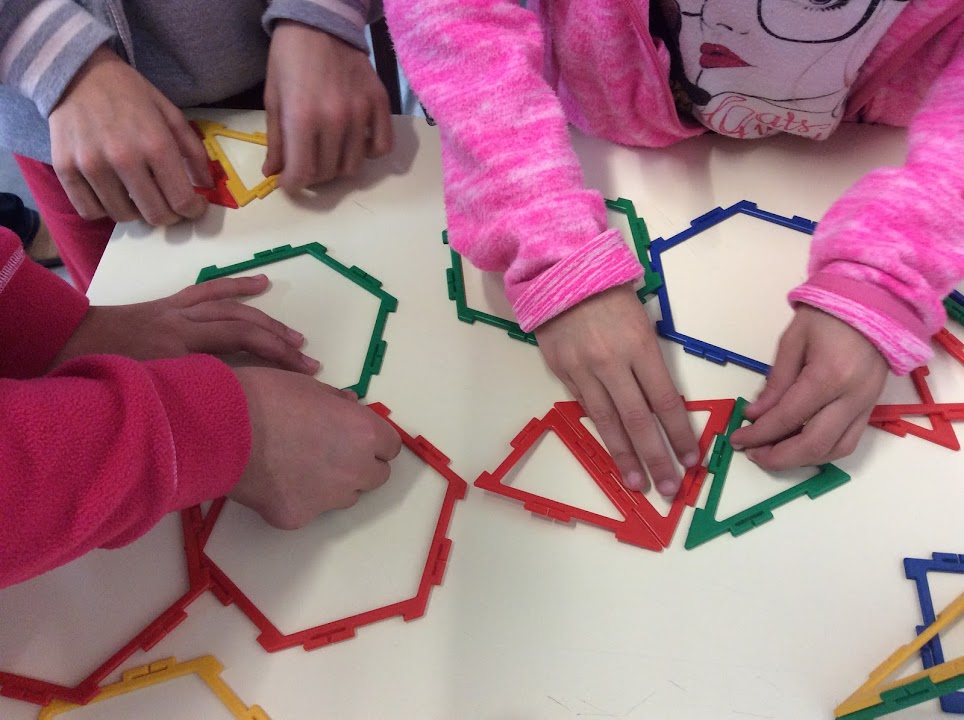
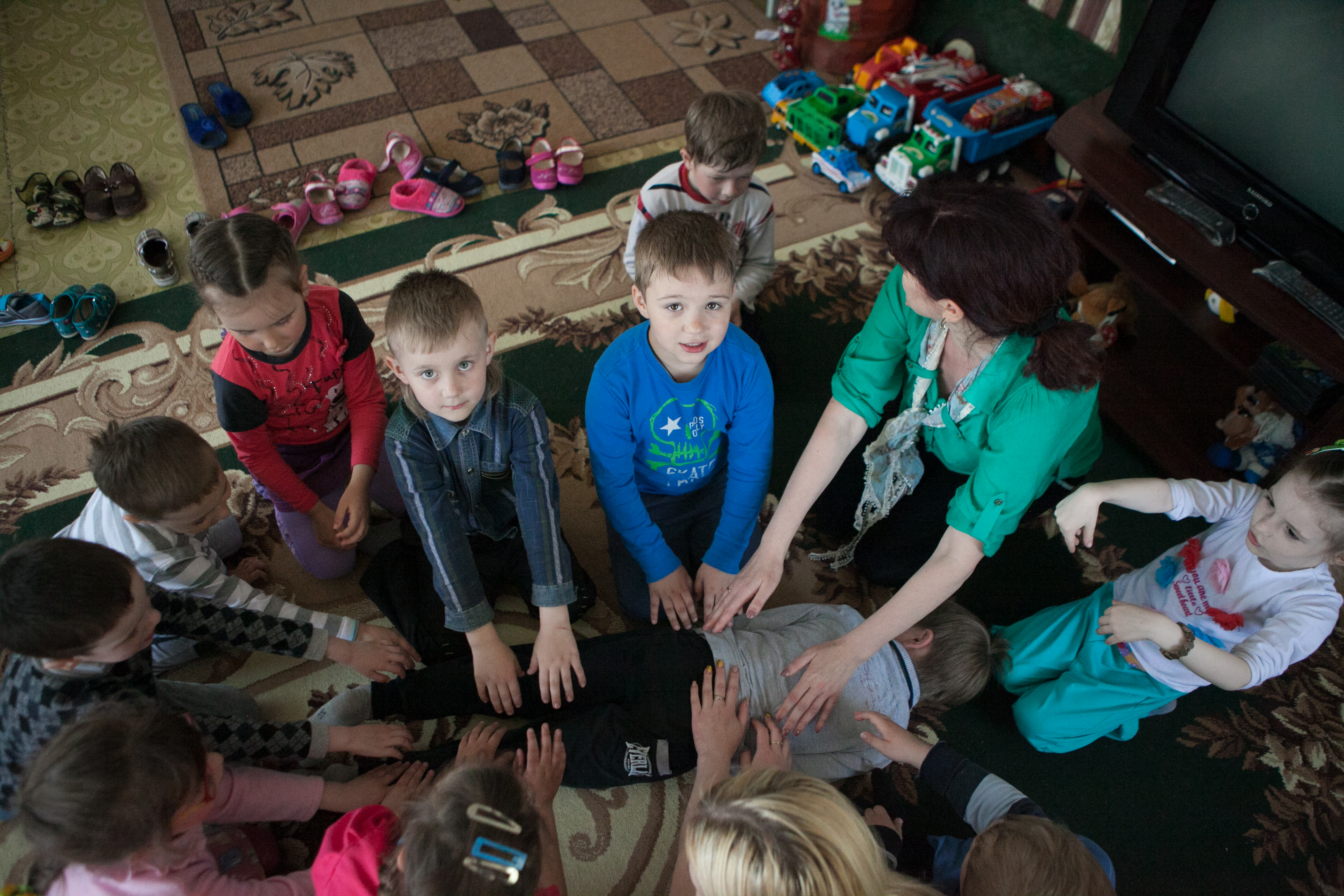
Outside world
Often, the school gives more attention to certificates or numbers, rather than to a genuine educational nourishment. It is made more attractive, less difficult, and therefore, a discrepancy is created between the idyllic world of the school and the real life outside, which is full of challenges. However, it is essential to train the learners in a way that enables them to face the difficulties in their future, and does not lead them to give up, but contemplates every difficulty and helps them to confront it. It is also necessary to know how to include the component of ‘sacrifice’, always necessarily present, to achieve any goal. Learning how to cope with difficulties is a task that involves both the student and the educator.
“Suffering is also part of the truth of our life. So, by seeking to shield the youngest from every difficulty and experience of suffering, we risk raising brittle and ungenerous people, despite our good intentions: indeed, the capacity for loving corresponds to the capacity for suffering and for suffering together.” (Pope Benedict 2008).
Mental health depends a lot on our ability to relate
to others
Schools also started to be interested in other realities (associations, or equipment and gadgets such as mobile phones or television, digital platforms, video games, appliances of the virtual world), that quickly started to compete with the real world. Amazingly, we realized a lack of meaning entering into the families, schools and into the hearts of young people and adults. One cannot disguise the real disinterest that, hand in hand with a lack of preparation, generates an explosive mixture of depression and abandonment.
The pandemic did not help at all in this regard, having aggravated social differences and the consequent dropout effect. Thus, schools find themselves struggling with the concept of emptiness as a consequence of their diminishing credibility.
We need to understand the reality that surrounds us and not let ourselves be carried away by harmful ideas presented as whitewashed notions with questions posed such as what is the use of going to school or of learning this or that?
However, the world of fast utilitarianism does not realise that the neuronal development and maturation of human beings depends on the challenges and stimuli to which they are subjected, in order to generate mental tools useful throughout their lives.
According to the neuroscientist, Michel Desmurget, author of the book La Fabrique Du Cretin Digital (The digital cretin factory), our constant dependence on digital screens is causing harmful effects of alienation and brutalisation as we face the real world.
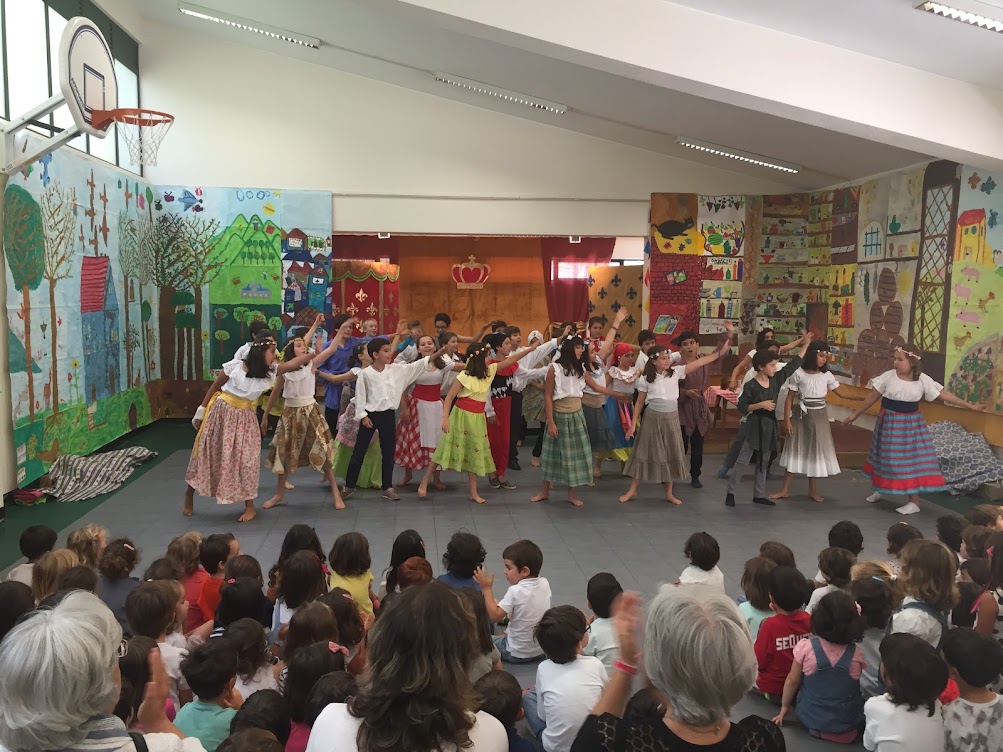
What answers can we offer?
We know that education is based on relationships, starting in the family. As Christians, we can have Jesus at home as an educational model. How? ‘Where two or three are gathered in my name’. The relationship of love between father and mother, as far as possible, makes them Jesus’ intermediaries in the educational act.
Looking at Jesus, we find some of His important characteristics as an educator:
His empathy—knowing how to enter into the other, how to listen;
His acceptance of the other;
Hope—things can always be improved;
His struggle for education—persistence;
Change, that entails concrete consequences;
Inclusion: He does not exclude anyone;
Credibility—existential convergence between the saying and the acting;
Consistency as an educator.
It is in the joint effort of education, both in the family and at the school that the originality of each person can emerge.
Our constant dependence on the digital world is causing harmful effects of alienation and brutalisation as we face the real world
The school stands in continuity with the family, in a spirit of subsidiarity.
Pope Francis underlines that “Education includes encouraging the responsible use of freedom to face issues with good sense and intelligence. It involves forming persons who readily understand that their own lives, and the life of the community, are in their hands, and that freedom is itself a great gift.” (Pope Francis 2016).
In this context, it is important to become aware of the need that the verb ‘give up’ disappears, starting with parents, teachers and the community who say ‘I do not give up on you, on your tomorrow’.
The school is a place of proximity—given the collapse of family support—and often becomes transformed into a unique place for socialisation, protection and guidance.
With the whole process of human transhumance, due to migrations, cultural exchange programmes, the refugee crisis and the effects of war, the school becomes a rich broth of cultures, classes, ethnicities and a place where dialogue—even between religions, though amidst unconfessed fears—occurs.
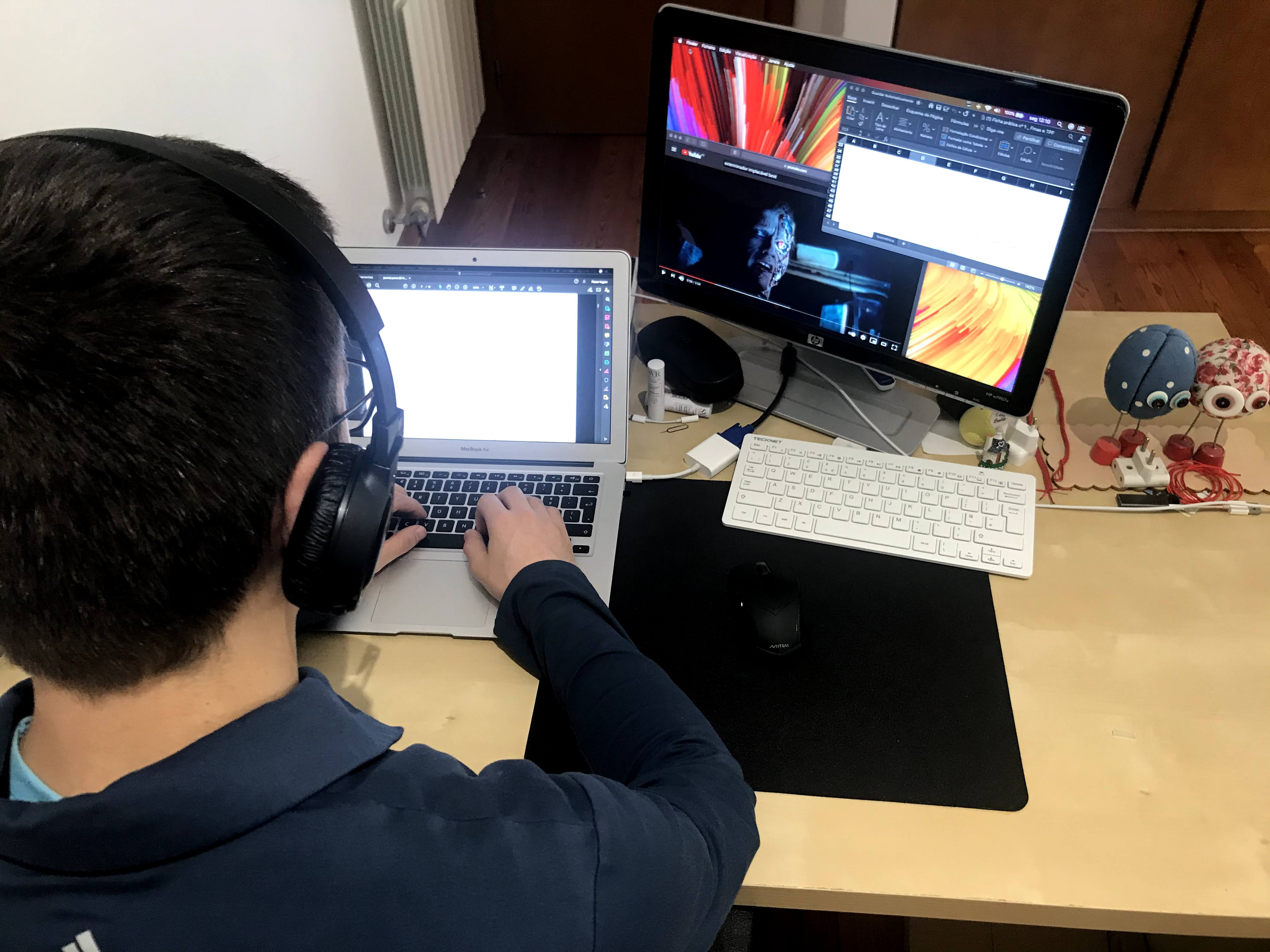
to keep pace with the school curriculum. Credit: José Maia.
Pacts on Education
Let us not allow the abandonment of projects such as Living Peace, which encompasses schools from all continents, or the Global Educational Alliance launched by Pope Francis (2019) to “rekindle our dedication for and with young people, renewing our passion for a more open and inclusive education, including patient listening, constructive dialogue and better mutual understanding.”
With this Global Alliance on education, the Pope proposes a union of “forces in a broad education alliance, to form mature individuals capable of overcoming division and antagonism, and to restore the fabric of relationships for the sake of a more fraternal humanity.”
According to him, education is not like putting on and off your clothes, but implies an interiorisation that (as mentioned in the Instrumentum Laboris of the Global Alliance) includes the other person, a relationship and its fruit—fraternity.
Faced with the evident breakdown of intergenerational solidarity, technological overvaluation, the environmental crisis and existential anguish, a response is born; a new thinking about relationships that makes the differences a true source of unity.
Education is a path that leads the learner from the bottom to the top of the mountain
The Pope, with this educational challenge, emphasizes the importance that “in diversity may all people, according to their respective roles, share the task of forming a network of open human relationships. According to an African proverb, ‘it takes the whole village to educate a child’. Therefore, we have to create such a village before we can educate.”
The educational environment is a whole set of ideals, values and lifestyles. The current world lives immersed in the fascination for technology, devaluing face-to-face communication, digging ditches of non-existing relationships. Attention is needed to an inclusive school that may be able to guarantee quality, and not be limited to mediocrity.
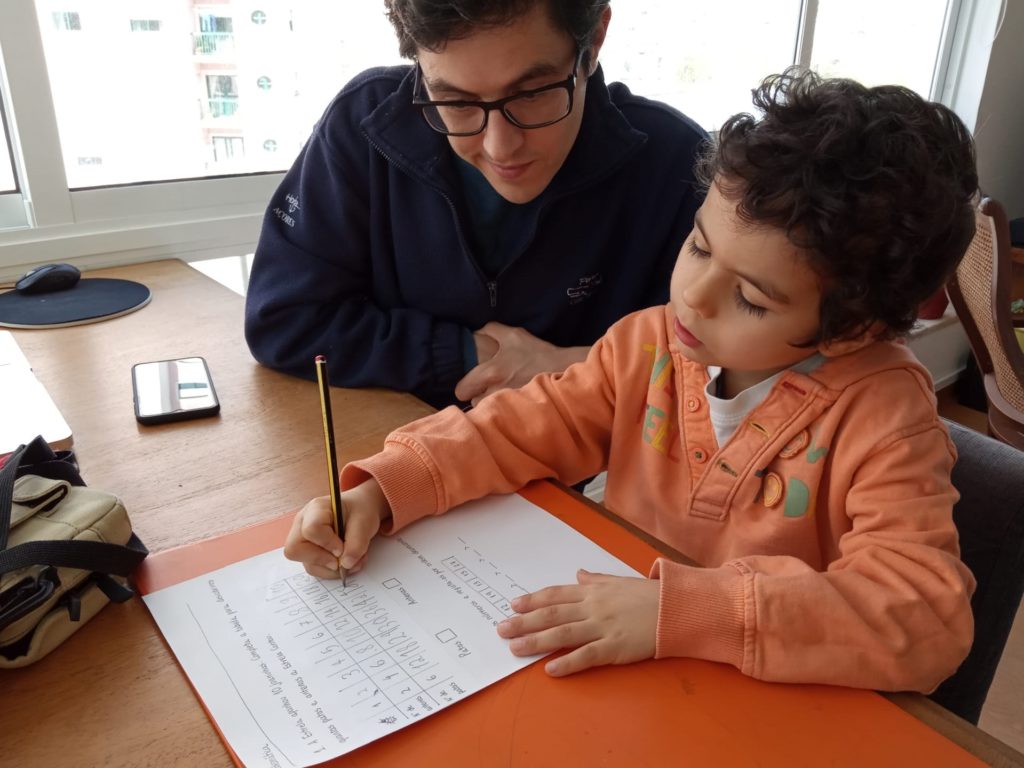
The light of hope
The inclusive school is not only the one that leaves nobody outside the system, but allows a path that lifts everyone to wider horizons. Education is a path that leads the learner from the bottom to the top of the mountain. Some may find it difficult and the desire to give up arises. Being inclusive implies finding strategies so that everyone can reach the top without leaving others on the way, bogged down in their difficulties.
The question of demand, when successfully achieved, also makes the student aware that he is worthy, more than what he really thinks. Not demanding is to send a message of being less, even if you do not intend to.
The school reflects the entire cultural and educational reality and it is a relevant experience in the process of human growth
The inclusive school has in itself a degree of flexibility that allows diversification of responses so that everyone can achieve their dreams. On the other hand, compulsory education can suffer from a short-sighted view of reality, especially when the diversification of the educational offer is scarce, ineffective and generates a misunderstanding of equality confounded with egalitarianism, not admitting responses with different degrees of demand.
Thinking of the educational global alliance proposed by Pope Francis and going to the roots of Christian education, we continue to believe in a life of hope, with steps of the one who searches, attentive to signs, singing new melodies that speak of the joys and groans that we share.

As we go through the educational and cultural night, we will light up the lights of hope. The overall purpose of the educational process is to help form a relational human person, the image of God and the Trinity. Deep down, what educates is Love, because, as the psychiatrist Ionata Pasquale (2006) wrote, “We were born to love and not to win.”
| Dates To Remember |
|
February 1 – Blessed Benedict Daswa 2 – World Day of Prayer for Consecrated Life 4 – International Day of Human Fraternity 6 – International Day of Zero Tolerance of Female Genital Mutilation 8 – International Day of Prayer and Awareness against Human Trafficking 11 – International Day of Women and Girls in Science 11 – World Day of the Sick 13 – World Radio Day 20 – World Day of Social Justice 21 – International Mother Language Day March 1 – Zero Discrimination Day 2 – Ash Wednesday 3 – World Wildlife Day 8 – International Women’s Day 15 – St Daniel Comboni’s Birthday 20 – International Day of Happiness 21 – International Day for the Elimination of Racial Discrimination 21 – SA Human Rights Day 22 – World Water Day 24 – World Tuberculosis Day 24 – International Day for the Right to the Truth concerning Gross Human Rights Violations and for the Dignity of Victims 25 – International Day of Remembrance of the Victims of Slavery and the Transatlantic Slave Trade |
